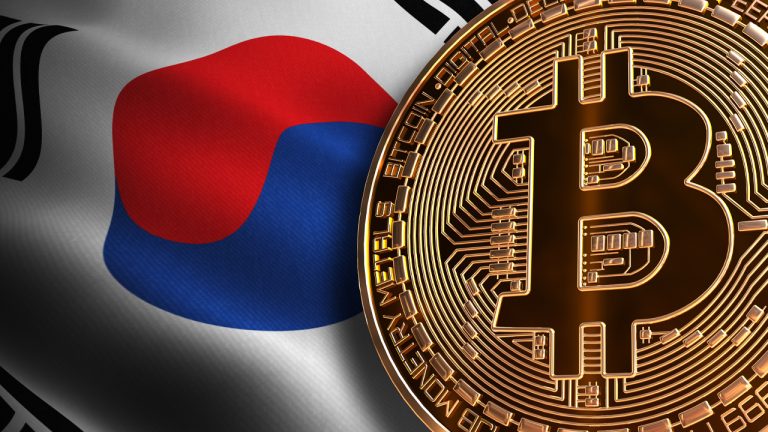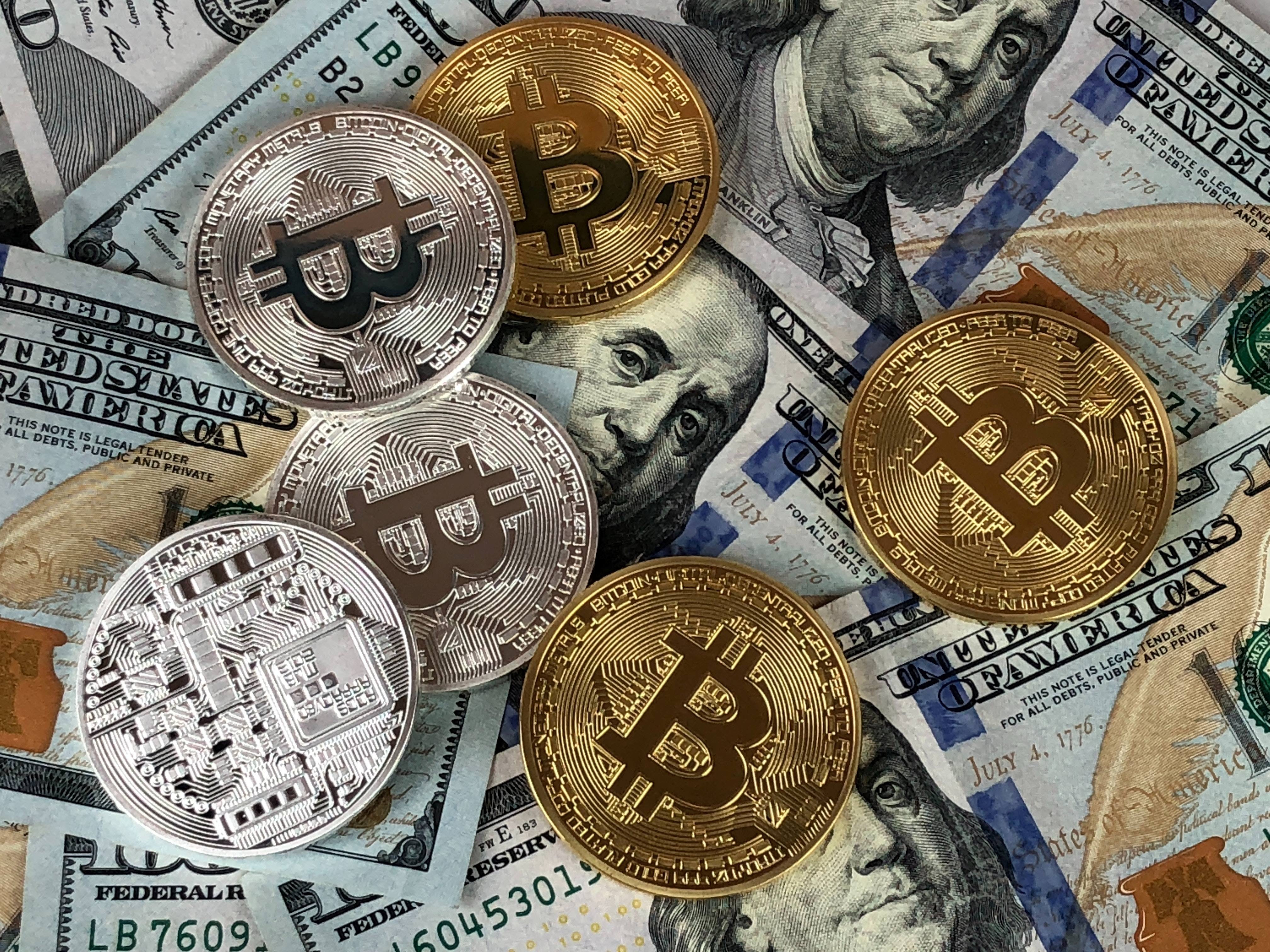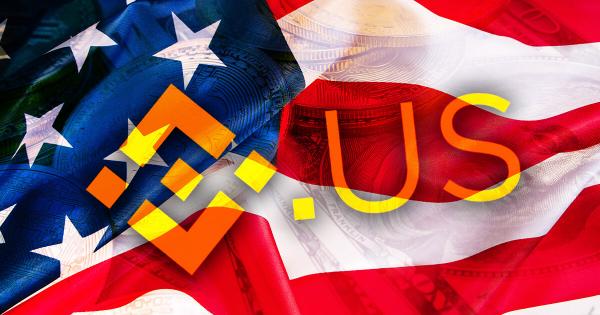
South Korean prosecutors and regulators are directing their attention toward reported issues concerning unregulated cryptocurrency-based over-the-counter (OTC) trading and deposit enterprises. During the third annual prosecutors’ conference, officials proposed the necessity for enhanced regulation in the crypto sphere, citing concerns that these enterprises facilitate money laundering and fraud. The Korea Customs Service estimates that unlawful cryptocurrency exchanges totaling 5.6 trillion won ($4 billion) transpired in 2022.
Unregulated Crypto OTC Firms in South Korea Draw Regulatory Focus
South Korean authorities are setting their focus on the crypto OTC market, according to a regional report published on Sunday. Essentially, over-the-counter (OTC) trading involves the direct buying and selling of assets, such as stocks, bonds, or cryptocurrencies, between two parties rather than on a formal exchange. OTC trades occur off-exchange and do not entail the same disclosure requirements as assets traded on exchanges.
“Illegal virtual currency OTC companies have overseas corporations and are engaged in the business of converting illegally obtained virtual currency into Korean won or foreign currency,” the report notes. “There is a need to regulate these companies as undeclared virtual asset trading businesses.”
Deputy Chief Prosecutor Ki No-Seong and Park Min-woo of the Financial Services Commission emphasized the necessity for regulatory attention on the unregulated OTC market within the realm of digital currencies. The report highlights that, while the prominent South Korean exchange Upbit lists 192 cryptocurrencies, one OTC enterprise offers more than 700 cryptocurrency varieties. The report’s author contends that OTC firms function as a type of “black market.”
The report delves into the activities of three individuals who were apprehended while utilizing OTC enterprises and acquired 94 billion won ($78.96 million) worth of cryptocurrency. According to the report, these trades were executed “at the request of Libyans and subsequently sent to Korea for conversion into cash.” The author of the report firmly asserts that South Korea lacks specific regulatory measures tailored to oversee the OTC sector.
Local Daily reporter Gong Byeong-seon reveals that, currently, domestic virtual asset businesses are barred from participating in virtual currency transactions through OTC firms in accordance with Article 10 of the Specific Financial Information Act. It is important to note, however, that ordinary investors can only face penalties for unlawful foreign exchange transactions if they violate the Foreign Exchange Transaction Act.
What do you think about South Korea focusing on crypto-focused OTC trading desks? Share your thoughts and opinions about this subject in the comments section below.










